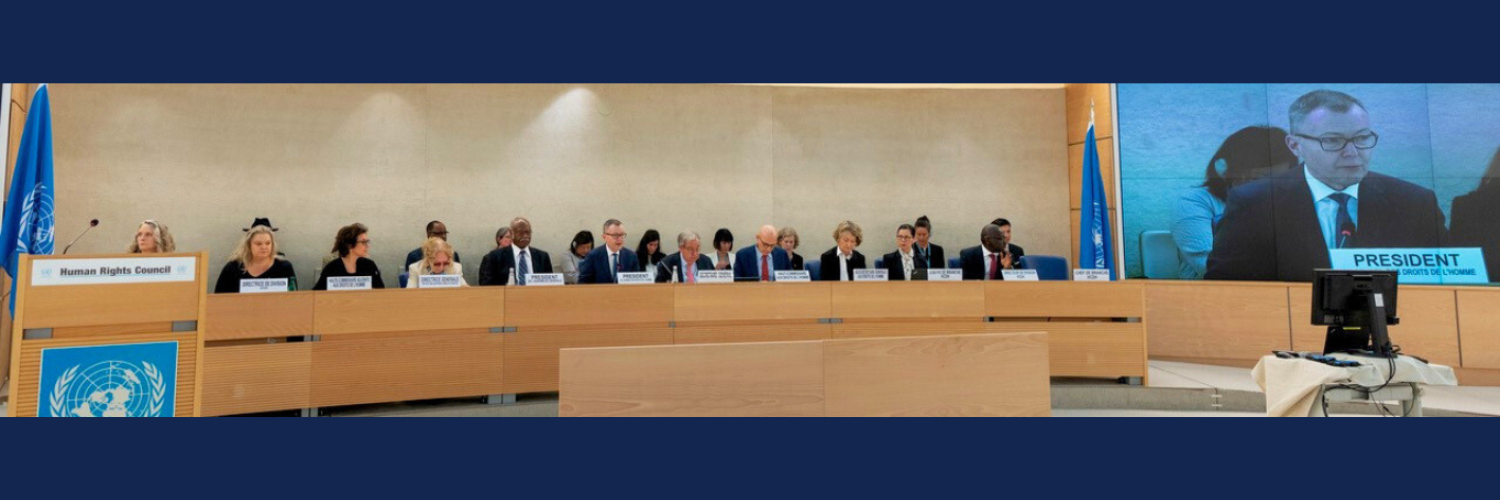NEW YORK, June 20 (C-Fam) A UN committee of human rights experts told the Government of Guatemala that its restrictive abortion laws must change. Unlike many non-binding recommendations of UN rights bodies, the opinion in this case is binding to a limited degree.
The Human Rights Committee, charged with monitoring the implementation of the UN civil rights treaty, told the small Central American nation that its abortion laws violate its human rights obligations. The opinion of the UN treaty body is doubly controversial. Not only does the opinion call for legal abortion. It attempts to redefine the technical legal term “forced pregnancy” to include any denial of abortion.
The committee supported allegations from the abortion law firm Center for Reproductive Rights that Guatemala had allowed the public health system to perpetrate a “forced pregnancy” on a 14 year old. The girl was denied an abortion under Guatemala’s laws and complained of being depressed and suicidal as a result. The global abortion law firm with a $40 million annual budget promotes an international right to abortion through international and national litigation around the world.
In this case, the Center for Reproductive Rights was able to get the Human Rights committee to agree that the denial of abortion was a “forced pregnancy” and said this was a violation of the UN civil rights treaty. By agreeing with this characterization, the UN committee experts signaled willingness to declare any denial of abortion as a human rights violation. This is a highly provocative theory because it contradicts the existing definition of forced pregnancy in international law, one that was negotiated and adopted by states.
According to the Rome Statute of the International Criminal Court, “forced pregnancy” is a technical term to indicate a specific kind of war crime. It is narrowly defined as “the unlawful confinement of a woman forcibly made pregnant, with the intent of affecting the ethnic composition of any population or carrying out other grave violations of international law.”
The definition in the treaty was always understood to exclude abortion laws, because there is no international right to abortion. In fact, the definition of the Rome Statute expressly states that, “This definition shall not in any way be interpreted as affecting national laws relating to pregnancy.”
The Human Rights Committee did not even mention the definition in the Rome Statute in its decision on Guatemala, ultimately deciding that Guatemala must compensate the girl as well as “make necessary changes to law and policy to ensure that all girls who are victims of sexual violence, including incest and rape, have effective access to services to interrupt their pregnancy.” The committee further told the government of Guatemala to continue efforts to decriminalize abortion and to ensure access to therapeutic abortion and comprehensive sexuality education.
The opinion of the committee, published under a treaty procedure known as “individual communication,” is binding, even though in a limited way. The government of Guatemala is required to take into consideration the opinions of the committee.
The opinion is also expected to feed into ongoing negotiations of a new UN treaty on crimes against humanity by the legal committee of the General Assembly. One of the hotly contested issues in that negotiation is the definition of forced pregnancy. Some countries, including the United Kingdom, the European Union, Canada, and Nordic Countries want to drop the narrow definition of forced pregnancy in the Rome Statute and replace with a broad definition that would include any denial of sexual and reproductive health services and information, including abortion, transgender-affirming care, and comprehensive sexuality education.
View online at: https://c-fam.org/friday_fax/un-committee-tells-guatemala-to-redefine-forced-abortion/
© 2026 C-Fam (Center for Family & Human Rights).
Permission granted for unlimited use. Credit required.
www.c-fam.org









